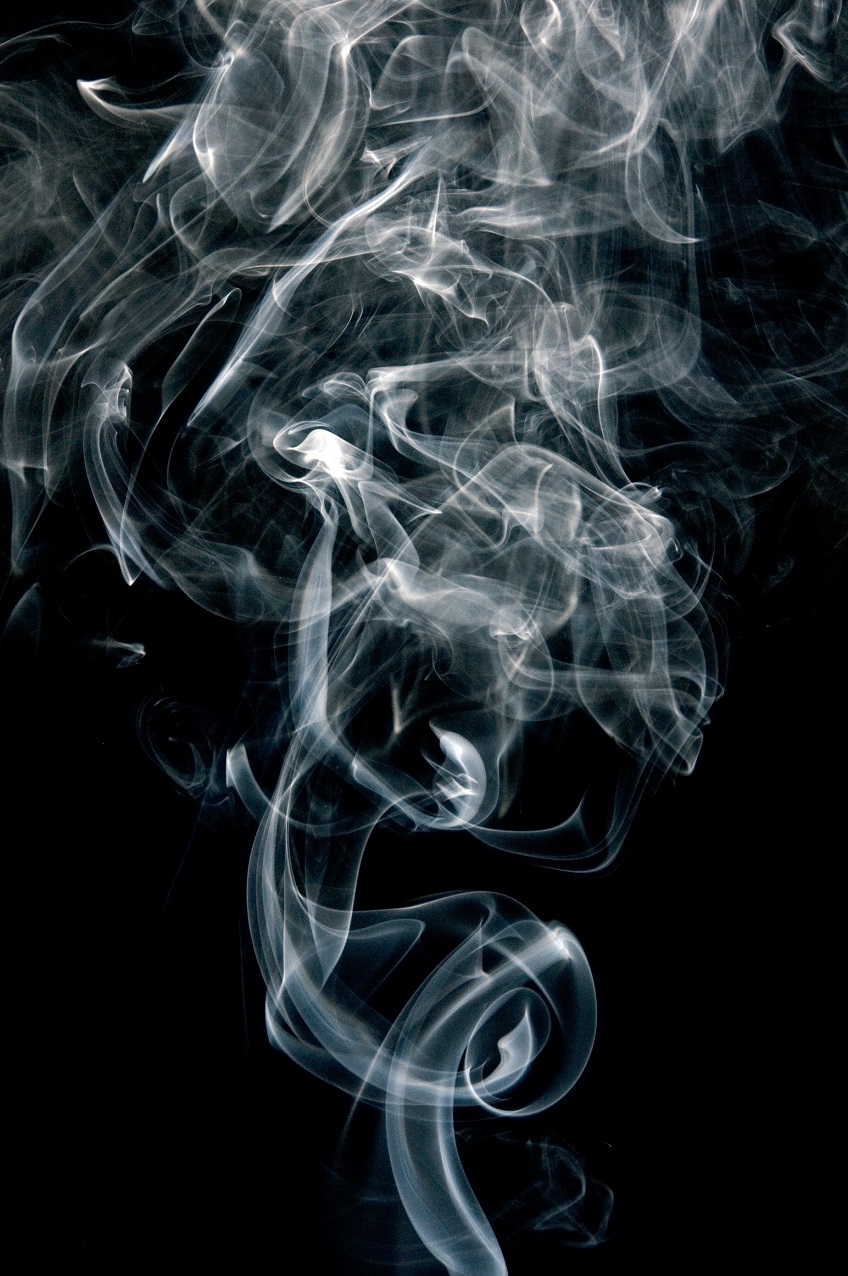A damaged hard drive is bad news. You want to avoid that as much as possible. There’s a pretty good chance you’ll lose your data when that happens.
Your data is very important. You’d want to protect it all times. That’s the reason why it's a must to install a powerful anti-virus and a reliable backup service. Unfortunately, those aren’t enough to really protect your data. When it comes to securing your data, you need to do more than that.
However, security is a much broader category than just that, and it includes both the availability of and the integrity of your information, and a part of that is physical protection. These days, the latest risks we often hear about are things like breaches of data stored in the cloud, or compromised IoT devices. However, it is important to remember that these sorts of risks are in addition to—not instead of—other older and less “sexy” risks, such as hard drive crashes.
(Via: https://www.welivesecurity.com/2019/02/18/smoke-damage-and-hard-drives/)
The hard drive of your computer is probably the last thing you’ll ever think of. To start with, you can’t even see it. So, why bother? Well, you should because your hard drive is where all your precious data go. Your hard drive works very hard to store all your valuable data.
Conventional hard disk drives work by spinning a series of aluminum or glass platters on a spindle driven by an electric motor. And when spun up, they are going pretty fast and with incredibly fine tolerances: hard disk drives used in servers spin their platters at up to 15,000 revolutions per minute (RPM), which works out to around 150 mph (or about 240 kph, for the metrically minded). Just barely above and below these platters float minuscule read-write heads, each less than a millimeter wide, at the end of an actuator arm. How far apart do the actuator arms place the heads from the platters? As little as 3 nanometers, or about 1/25,000th the thickness of a human hair. Read-write heads themselves are so small that they are manufactured using similar technologies to those used to make CPUs. All of these parts come together in a device that looks not too different from a record player, aside from its size.
At the dawn of the hard disk drive era, the distance between the read-write heads and the platters inside the hard drive enclosure was much greater, so much so that smoke particles, often less than a micron in size, might pass between the platters and read-write heads with ease.
(Via: https://www.welivesecurity.com/2019/02/18/smoke-damage-and-hard-drives/)
So, it’s really not enough that you don’t smoke in front of your computer. Even if you don’t, there’s still a chance that smoke could get into your hard drive.
Smoke particles are some of the most damaging things that can get inside a hard disk drive. Under a microscope they often look like jagged rocks, and some of them are small enough that they can actually can get drawn in through the air pressure equalization hole and end up bouncing across the surface of the platter at high speed, causing microscopic scratches and flaking of the thin film material on the surface of the platters, which is where data is actually stored. Even with filters inside the drive assembly, the particles can still cause damage: One can imagine them impacting the read-write heads flying just a few nanometers from the surface of the platters, much like a bird or drone hitting an airplane. Not a great experience for the passengers or your data.
(Via: https://www.welivesecurity.com/2019/02/18/smoke-damage-and-hard-drives/)
Unfortunately, smoke can seep into sealed hard drives as well. To make matters worse, the signs of a damaged hard drive due to smoke are not too obvious. It takes time for them show, which is not good.
The bottom line is that smoke can damage the hard drive. However, there’s no need to worry. As a matter of fact, don’t freak out since there are https://www.harddrivefailurerecovery.net/hard-drive-failure-solutions/ that can help you out. Speaking of hard drives, here’s https://www.harddrivefailurerecovery.net/what-you-need-to-know-about-the-worlds-biggest-hard-drive/. It’s very interesting.
The following blog article Damaged Hard Drive Due To Smoke is republished from http://www.harddrivefailurerecovery.net
source https://www.harddrivefailurerecovery.net/damaged-hard-drive/

No comments:
Post a Comment